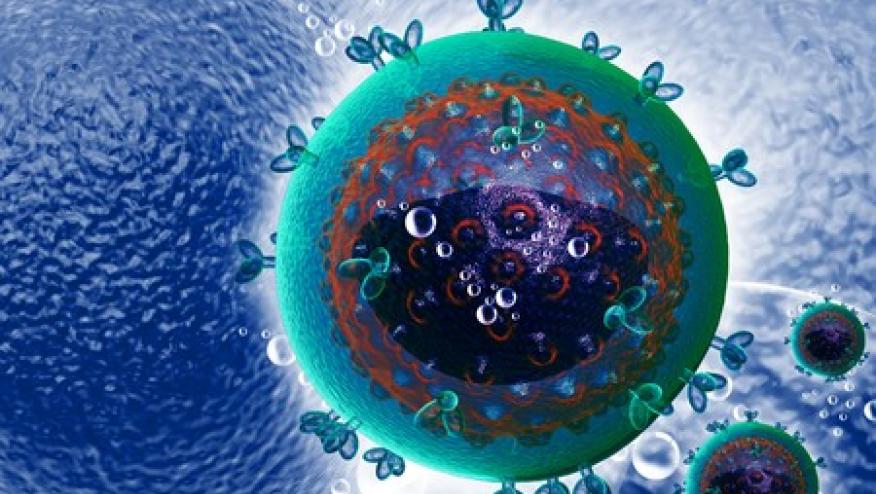Inflammatory and Autoimmune Diseases are Not Rare in HIV Patients Save

HIV infection and AIDs has been associated with numerous complications, presumably resulting from impaired immunity from infection. Sporadic cases and small cohorts of patients with rheumatic and autoimmune syndromes have been described but epidemiology data on the prevalence is scarce.
Researchers have studied the epidemiology of inflammatory and autoimmune diseases (IAD) in patients living with HIV (PLHIV). They specifically looked at the prevalence of 26 IAD among PLHIV using a a large French multicenter HIVE cohort during cART era (from January 2000 to July 2013).
The study cohort included 33 403 PLHIV. The identified 1381 patients with an IAD were identified. The most prevalent IADs included:
- {soriasis
- Sarcoidosis
- Rheumatoid arthritis
- Ankylosing spondyloarthritis
- Grave's disease
- Autoimmune hemolytic anemia
- Immune thrombocytopenia
- Chronic inflammatory bowel disease
The prevalence of systemic lupus erythematosus and multiple sclerosis were low.
Most patients (59%) developed IAD after HIV infection with a mean delay of 10.6 ± 6.4 years.
They confirmed that hepatitis C co-infection was significantly more frequent in patients with psoriasis, Grave's disease and immune thrombocytopenia. Hepatitis B was more frequent in those with immune thrombocytopenia and autoimmune hemolytic anemia.
Among patients developing IAD after the diagnosis of HIV infection, 572 (70%) were on antiretroviral therapy and 419 of them (73%) had undetectable HIV viral load.
Our study showed that some IAD are not rare among PLHIV and occur mostly in patients with immuno-virological control under cART.










If you are a health practitioner, you may Login/Register to comment.
Due to the nature of these comment forums, only health practitioners are allowed to comment at this time.